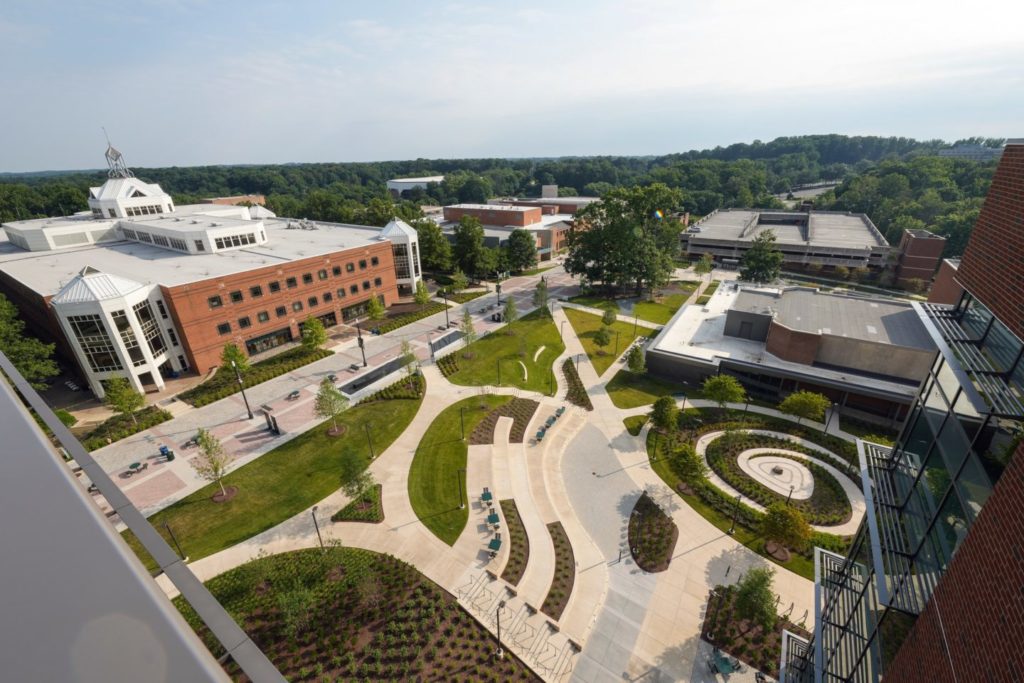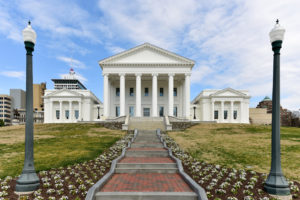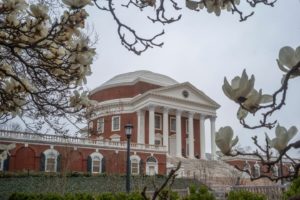Virginia colleges, universities eager to establish K-12 lab schools
(The Center Square) – Higher education institutions from across Virginia have begun the initial planning stages to establish K-12 lab schools as they await guidance from the Virginia Department of…

(The Center Square) – Higher education institutions from across Virginia have begun the initial planning stages to establish K-12 lab schools as they await guidance from the Virginia Department of Education.
More than 30 schools have expressed interest in creating lab schools, which would be public schools run by colleges, universities or other higher education institutions. One of the goals of the program, which was approved by the General Assembly and signed by Gov. Glenn Youngkin earlier this year, is to connect students with university resources they would not otherwise have access.
”I think it’s a really important opportunity,” Mark Ginsberg, the provost and executive vice president at George Mason University, told The Center Square. “…However we can make education to be more successful for our children, the better off we will be.”
George Mason, which is in Fairfax County, is one of several higher education institutions that has begun talks with local school districts to discuss collaboration for lab schools. However, Ginsberg noted most of the conversations, at this stage, are not formal because the university is awaiting state guidance.
Ginsberg said if George Mason is approved for the creation of a lab school, the university would collaborate with the public school divisions. He said the program is a win-win for public schools and universities and university scholars can help school divisions develop best practices and provide students with the best education possible. He added the program would also help address the teacher shortage.
Some rural parts of the commonwealth, including institutions in southwest Virginia, are also looking to participate in the lab school program. David Matlock, the executive director at the Southwest Virginia Higher Education Center, told The Center Square rural lab schools could improve disparity and level the playing field by allowing students to access enhanced resources and equipment they would not otherwise be able to access.
Matlock said a lab school established by the center would give students access to college and university faculty, which include doctors, nurse practitioners and others. He said students would be able to access the virtual cadaver lab and other tools that are not available at any high schools.
“There’s some equipment [available here that students] would never … get exposed to until after graduation,” Matlock said.
The center is still in the initial planning process to determine its focus for a lab school, whether it be health-focused, computer science-focused or more broad. Matlock said these schools should be a collaboration between K-12 public school divisions, colleges and universities, employers and parents. He said these collaborations would provide the best return on investment for the commonwealth and the individual students.
Youngkin spokesperson Macaulay Porter told The Center Square that lab schools will expand opportunities for students.
“There is great interest across the Commonwealth to launch lab schools, which will expand opportunities for our students —especially those most in need of a different approach to learning,” Porter said. “The budget provides $100M for lab schools, including $5M in planning grants and $20M in startup costs for lab schools and expands the number of partners that can participate. There is tremendous interest from around the Commonwealth to launch these lab schools, including in Mecklenburg, where the governor is visiting today.”
The lab school program received bipartisan support in the General Assembly.



